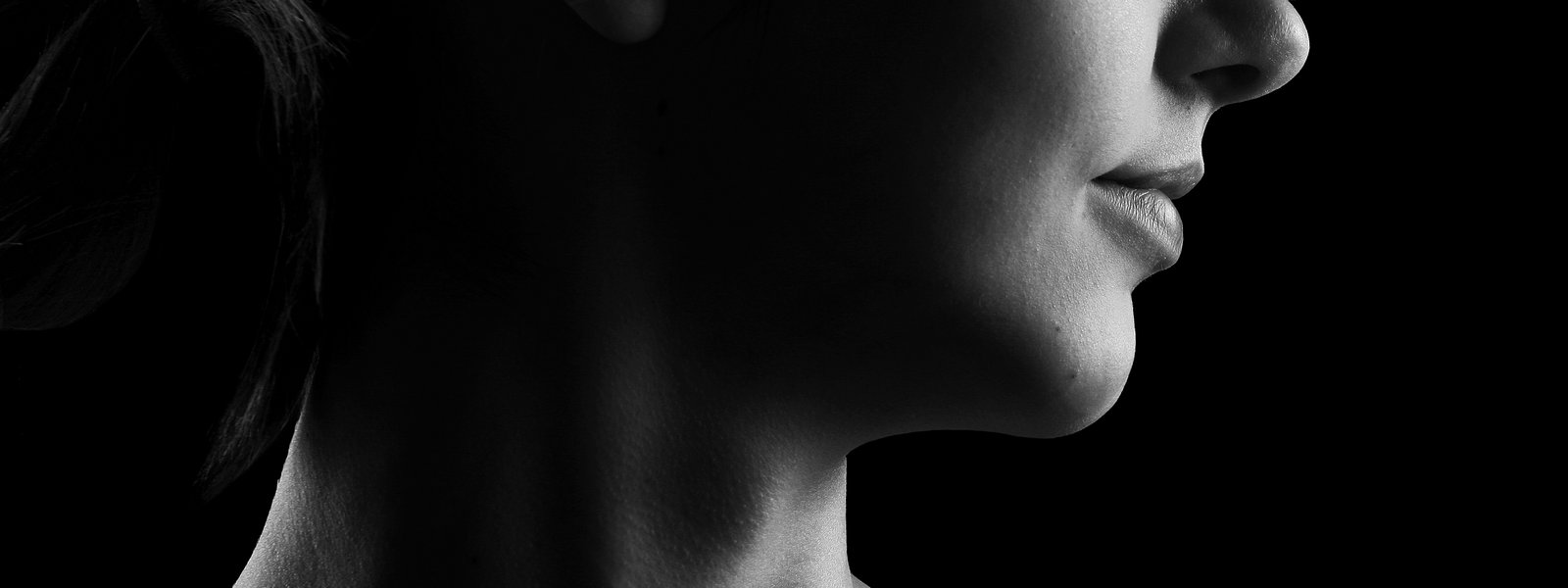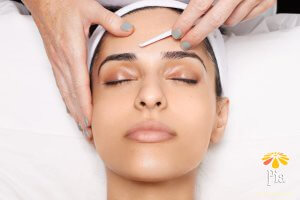All-inclusive facials, no games
You get everything your skin needs in one service.
No upgrades. No pressure. No surprises.
What’s included?
• Fully customized treatment
• Microcurrent for deeper serum absorption
• High frequency to calm pimples
• Gua Sha stones
• Scalp and neck massage
• Foot and arm massage
• Professional exfoliants
• Massage or red light therapy when needed
You book one facial and get the whole experience.
If you need help choosing, we’re here for you.
Please read each service description so you know what to expect and what is included.
Not every service includes every step listed above, because each one is designed that way on purpose, not to upsell you.
Some options, like dermaplaning-only services, focus just on that treatment and do not include massage.
If you want help picking the best facial for your skin, reach out anytime.
If your skin looks dull, uneven, or you’re tired of dealing with fine facial hair, you want a treatment that feels safe, steady, and gives clear results. Dermaplaning is a simple way to help your skin look smoother and brighter without downtime.
At Pia Esthetics, we guide you through a careful exfoliation process using a sterile tool to remove the top layer of dead skin and the fine peach fuzz that holds makeup, oil, and debris. This clears the surface, helps new skin come forward, and allows your products to work more effectively.
Many clients choose dermaplaning when they want softer texture, healthier-looking skin, or a boost in how their skincare performs. It also helps reduce the look of mild scarring and uneven tone. It’s a great option for dry or rough skin and for mature skin that needs support with slower cell turnover.
Dermaplaning is also safe for pregnant or breastfeeding clients who cannot have chemical peels. And no, the fine vellus hair does not grow back thicker or darker.
Some skin types may not be a fit for this treatment. If you have sensitive skin, active acne, or certain inflammatory concerns, we’ll help you choose something more suitable.
You want a treatment that fits your skin’s needs.
We help you make the right choice and guide you with care.
Book your dermaplaning service in Tampa at Pia Esthetics.




